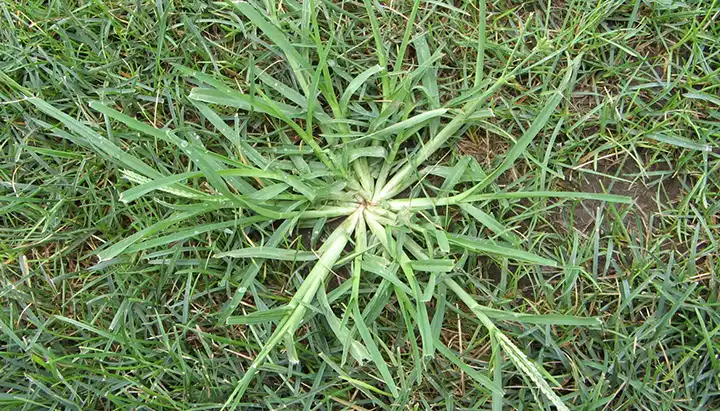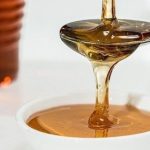Goose grass, also known as cleavers or Galium aparine, is a common weed found in many parts of the world. It is recognized for its potential health benefits and cleansing properties. Here’s an in-depth look at how to prepare and use goose grass for various health conditions.

1. Identification and Harvesting
- Identifying Goose Grass: Goose grass is easily recognizable by its slender, elongated stems, small greenish-white flowers, and tiny, hook-like hairs that allow it to cling to clothing and animal fur.
- Best Time to Harvest: The ideal time to gather goose grass is during the spring when the shoots are young and tender, before they flower.
2. Preparation for Medicinal Use
- Cleaning and Drying: Thoroughly wash the goose grass to remove dirt and debris. It can be used fresh or dried for later use. To dry, hang bunches in a well-ventilated area away from direct sunlight.
- Making Goose Grass Tea: To prepare a tea, steep 2 teaspoons of dried goose grass in boiling water for about 10 minutes. Strain and drink up to three times daily. This may help promote lymphatic drainage, although more research is needed to confirm its effectiveness.
3. Therapeutic Uses
- Skin Irritations and Wounds: Goose grass may be used in a poultice for treating skin irritations, eczema, and minor wounds. Crushing fresh leaves and applying them directly to the affected area may help reduce inflammation and promote healing.
- Kidney Health: Goose grass is known to have diuretic properties, which may assist in flushing out toxins. Regular consumption of goose grass tea may support kidney function, but further studies are necessary to substantiate these claims.
- Lymphatic System Support: Goose grass is often cited for its potential in supporting lymphatic health and immune function, although more research is needed to fully understand these effects.
4. Additional Benefits
- Hair Rinse: The silica content in goose grass may help strengthen hair. A decoction of goose grass can be used as a final rinse to promote hair health and add shine, but more evidence is required to confirm this benefit.
5. Cautions and Considerations
- Allergy Alert: Some individuals may have allergic reactions to goose grass. It is important to conduct a patch test on a small area of skin before widespread application.
- Consult a Healthcare Provider: While goose grass is generally considered safe, it is advisable to consult a healthcare provider before starting any new treatment, especially for those with existing health conditions or who are taking medications.

Conclusion
Goose grass is more than just a common weed; it is a herbal remedy that offers a range of potential health benefits. From promoting kidney health to soothing skin irritations, this plant can be a valuable addition to your wellness toolkit. However, it is essential to approach its use with caution and consult with healthcare professionals as needed to ensure safety and effectiveness. By understanding how to properly prepare and utilize goose grass, you can harness its natural properties for your health.

